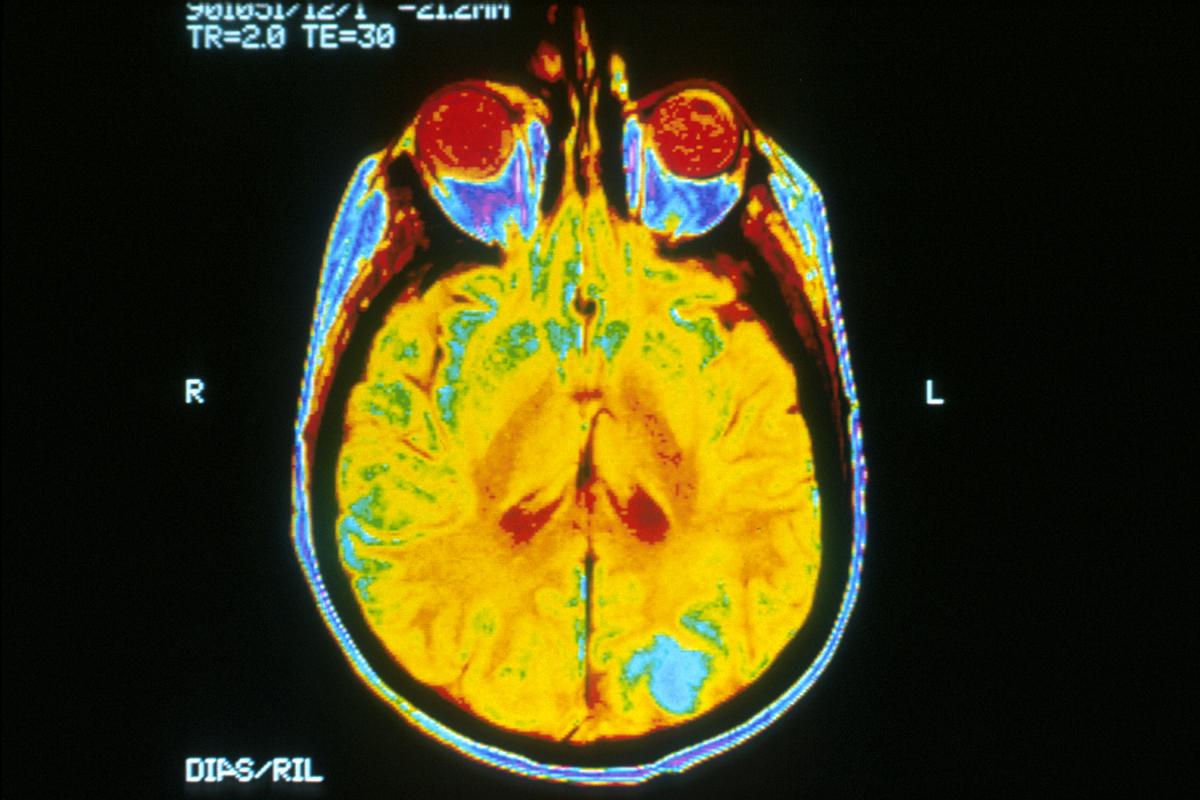Humans excel over all other animals on Earth in their thinking abilities. These abilities derive from our brains. The human brain is three times bigger than the brain of our closest living evolutionary relative, the chimpanzee. Humans and chimpanzees last shared a common evolutionary ancestor about six million years ago, and the brain of the human lineage has nearly quadrupled in size over that brief period of evolutionary time.
While the dramatic expansion of the brain is a well-known feature of human evolution, researchers have also found something more surprising about the brain’s most recent evolution. At some time since the end of the Pleistocene ice age, about two and a half million years ago, the size of the human brain significantly decreased. Researchers disagree about the timing of this decrease.
In 2021 a team of American anthropologists and biologists published a new study claiming that the decrease was surprisingly recent—only about three thousand years ago. This is around the time agriculture and civilization got started. They made this determination by analyzing an anthropological database of measurements on nine hundred and eighty five human and pre-human skulls up to ten million years old.
The researchers claim that their new analysis of the timing of the decrease rules out some popular hypotheses about what caused it, including a decrease in human body size, and a change in diet due to the invention of agriculture. Instead, they think the decrease was caused by the rise of an increasingly complicated society, which allowed group decision-making and placed fewer thinking demands on many individuals. They note that, in some ant species, larger colonies are also associated with smaller brains.










